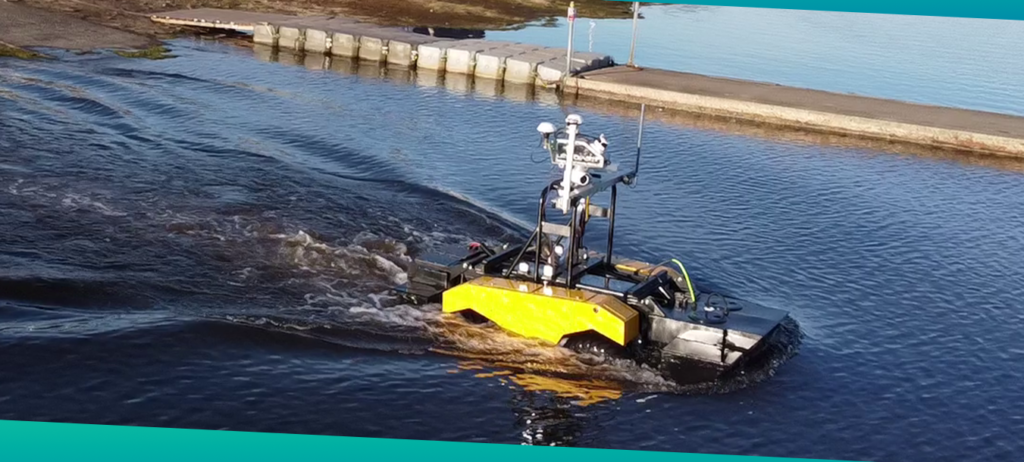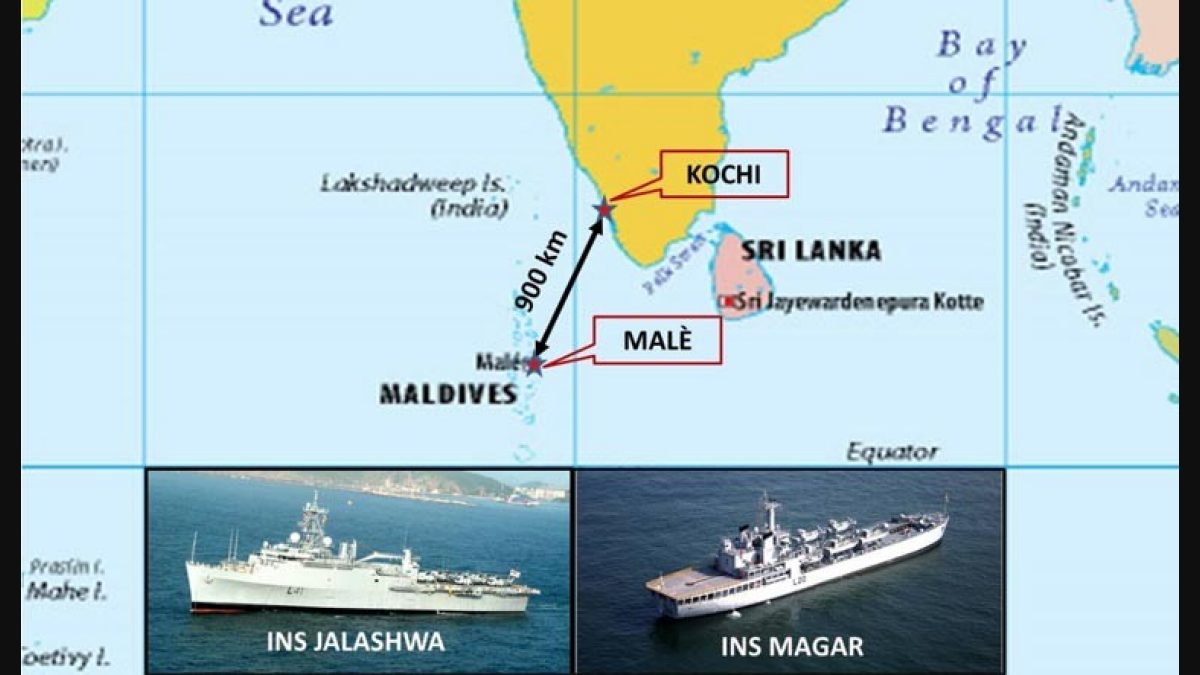Administrative Hurdles or China Tilt? Hydrology Pact Exit Raises Questions
President Mohamed Muizzu of the Maldives has opted to rescind a 2019 Hydrology Agreement focused on cooperation in hydrology between the Indian Navy and the Maldives National Defence Force.
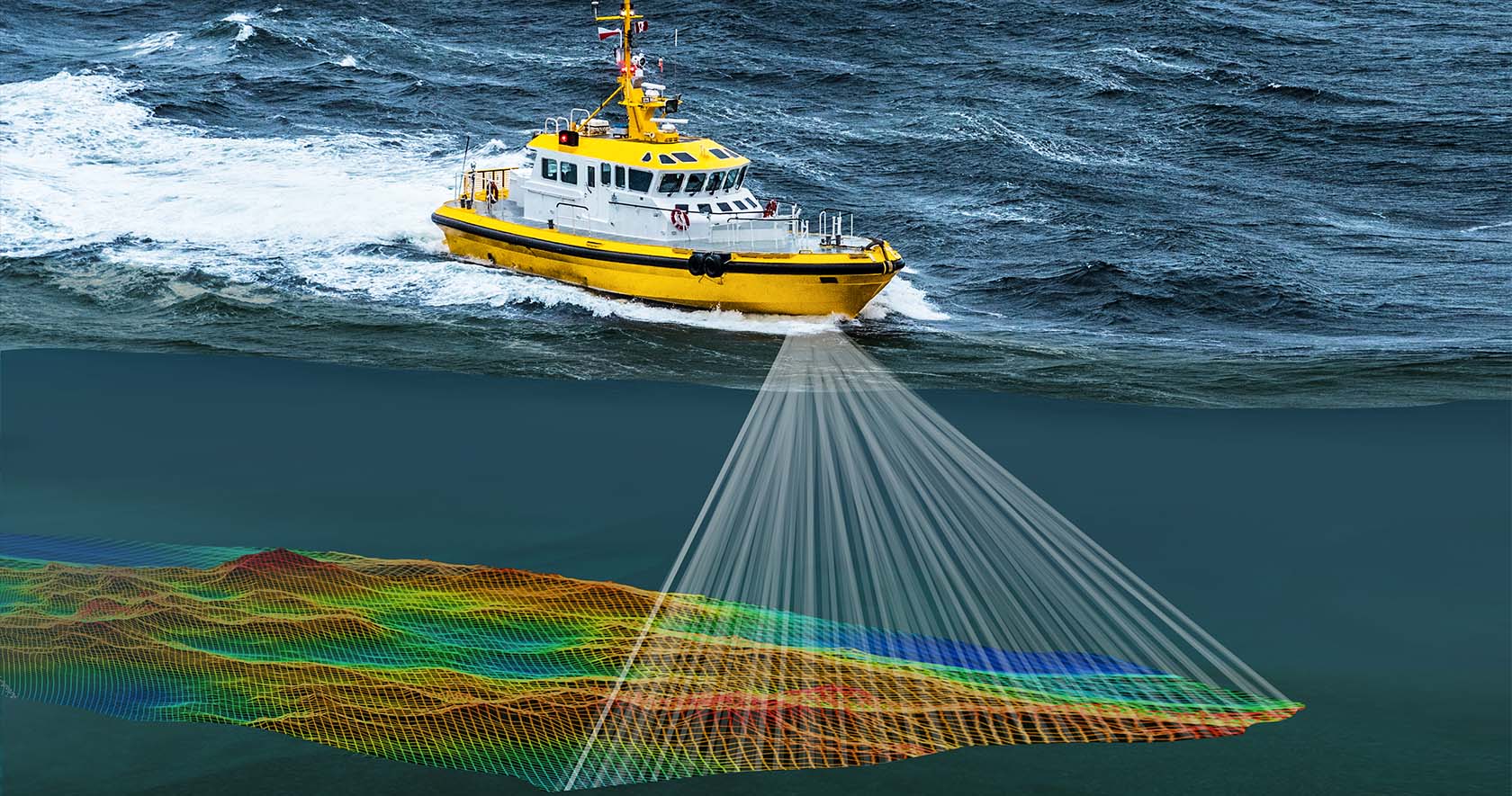
This decision follows a prior call for India to withdraw its military personnel from the Maldives, adding a layer of complexity to the bilateral relations between the two nations.
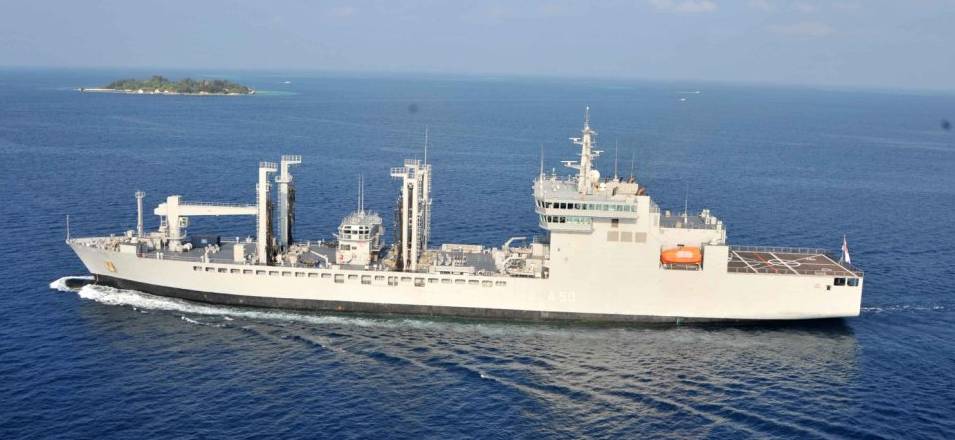
Malé (Capital Of Maldives) formally communicated its resolution to annul the hydrology agreement to India on Thursday.
The accord, inked during the visit of Prime Minister Narendra Modi to the Maldives in June 2019, had been aimed at fostering collaboration in the critical field of hydrology.
The move to terminate this agreement underscores a shifting dynamic in the diplomatic ties between India and the Maldives.
It comes in the wake of the Maldives’ earlier call for the withdrawal of Indian military personnel, introducing a nuanced aspect to the evolving geopolitical landscape in the region.
The decision to retract from the hydrology agreement is likely to prompt a reassessment of the strategic and cooperative frameworks between the two nations, opening avenues for speculation on the future trajectory of their bilateral relationship.
Also, Read / Fundamentals and Applications of Synthetic Aperture Radar (SAR)…
The annulment of the 2019 hydrology agreement between the Indian Navy and the Maldives National Defence Force not only signifies a shift in diplomatic relations but also carries implications for crucial collaborative efforts.
Under the agreement, the Indian Navy was granted permission to conduct extensive hydrographic surveys in the Maldives, contributing to enhanced navigation safety, economic development, and bolstering security and defense cooperation.
The surveys also aimed at addressing environmental protection, coastal zone management, and fostering scientific research initiatives.
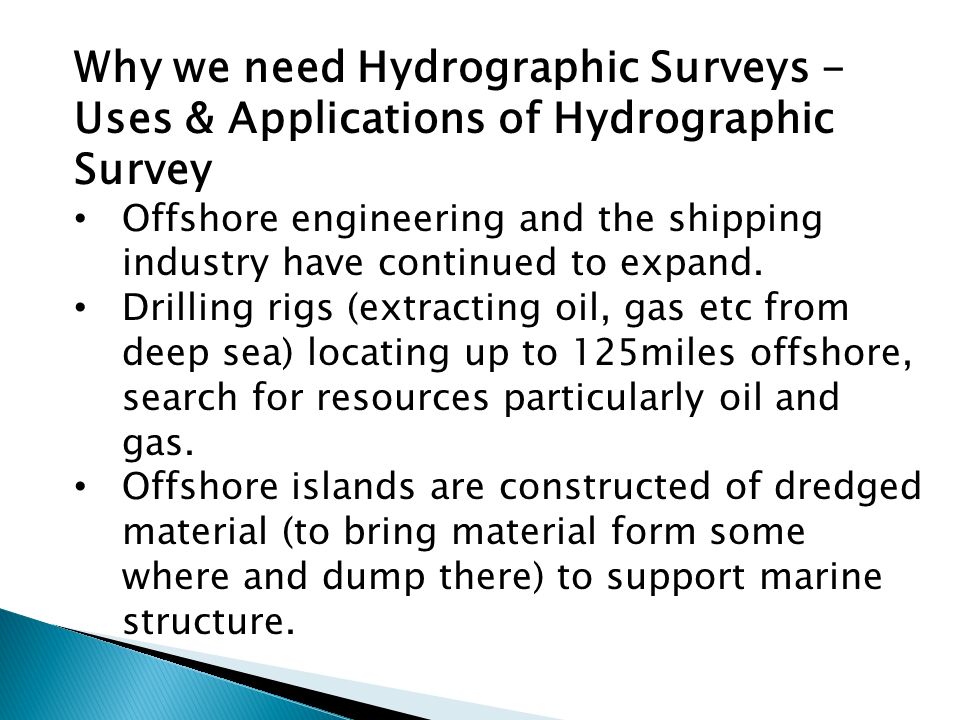
Until now, the Indian Navy had successfully undertaken three such surveys pursuant to the agreement initiated by Muizzu’s predecessor, Ibrahim Solih, during the visit of Prime Minister Narendra Modi in June 2019.
However, the recent decision to terminate the accord introduces a notable change in the operational dynamics, as all future hydrography endeavors will now fall under exclusive Maldivian management.
A senior official from the president’s office highlighted that moving forward, hydrographic activities will be executed with 100 percent Maldivian oversight, and access to the associated information will be restricted to Maldivian personnel alone.
Additionally, there is an expressed commitment to review what is referred to as “secret agreements” signed by the previous administration, with the aim of safeguarding the Maldives’ independence and sovereignty.
The newly formed government under President Muizzu, often perceived as aligning with China, has asserted its intent to reassess agreements inked with India by its predecessor.
This stance is accompanied by a call to expedite progress on key Indian economic projects, such as the flagship $500 million Greater Male Connectivity Project.
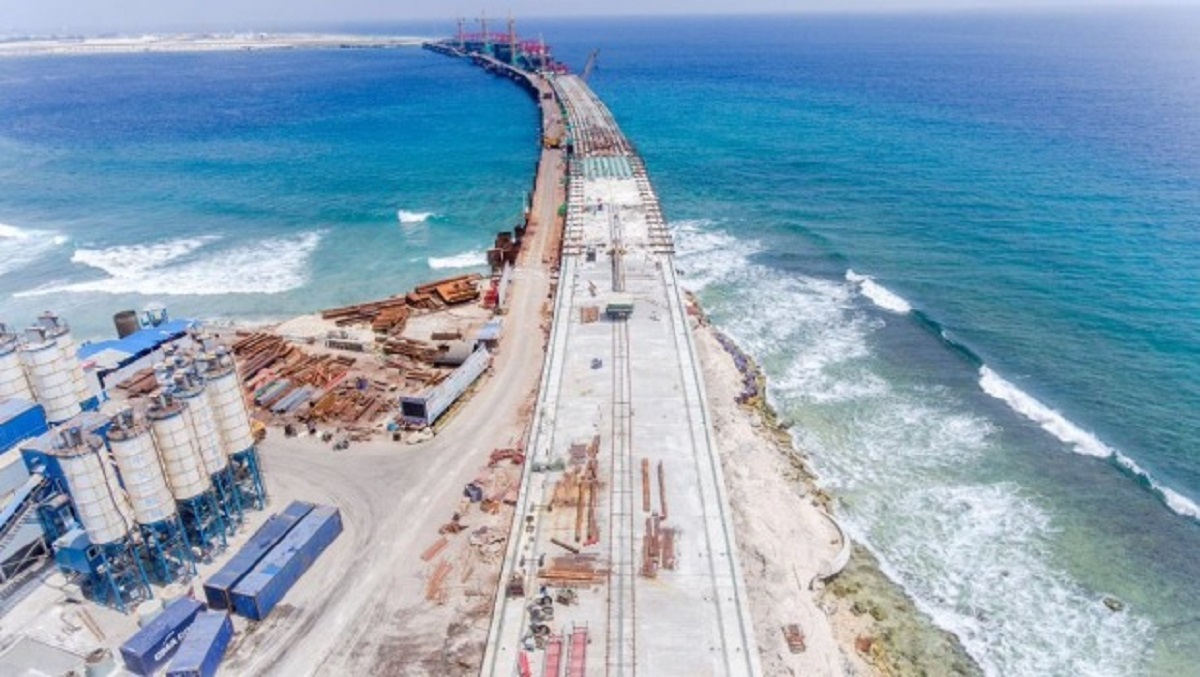
The unfolding developments underline a complex geopolitical landscape, hinting at recalibrations in diplomatic ties and a reevaluation of strategic partnerships in the region.

Muizzu has also remained intent on driving out Indian military personnel who are involved in operating and maintaining the 2 naval choppers and a Dornier aircraft India had gifted to Male, even though Indian government sources claim that in the meeting he had with Modi in Dubal on the margins of COP28, the president acknowledged the utility of Indian “platforms’’ involved in humanitarian assistance and disaster relief activities.
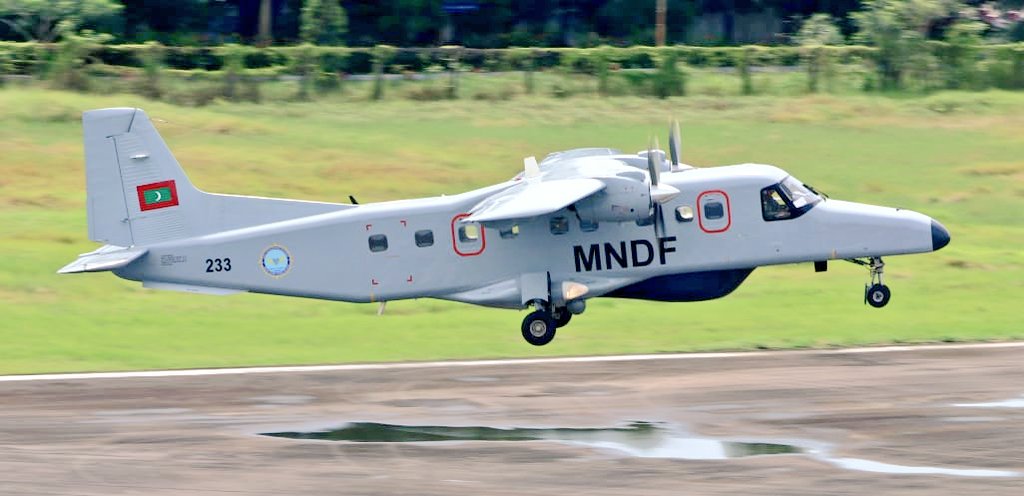
According to Indian authorities, discussions are still on to keep these Indian assets operational and that the core group that the 2 leaders agreed to form to enhance bilateral ties will work to find a “workable”. solution’’.
However, after he returned to Male though, Muizzu said India had agreed to pull out its soldiers.
The Maldives’ recent non-participation in a meeting of the NSA-level Colombo Security Conclave, of which it is a member-state alongside India, Sri Lanka, and Mauritius, has raised eyebrows and added another layer of complexity to regional dynamics.
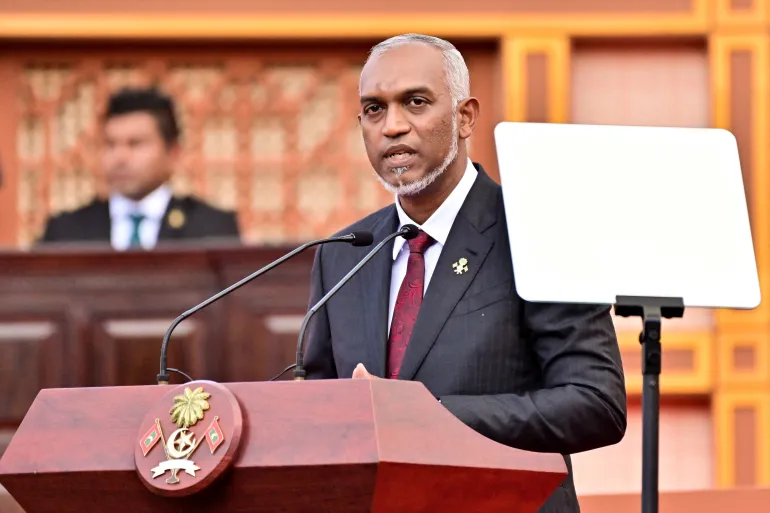
While sources in Male dismissed the absence as an “administrative issue,” asserting that the Maldives remains an integral part of the Conclave, the move has sparked speculation about the nation’s foreign policy alignment.
Amidst these developments, the decision to cancel the hydrology agreement with India has heightened concerns of a potential shift in the Maldives’ foreign policy towards China under President Muizzu.
Despite strong denials from officials in Male regarding any such bias, the termination of key agreements with India adds to the narrative of evolving geopolitical alignments in the region.
The Maldives, historically seen as a key player in regional security collaborations, is now subject to scrutiny as diplomatic decisions unfold under the new government.
The perceived administrative issues and diverging participation in security forums contribute to a narrative that suggests a recalibration of alliances.







